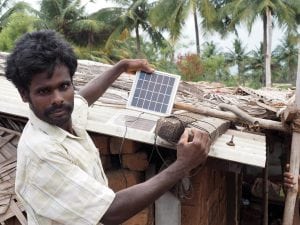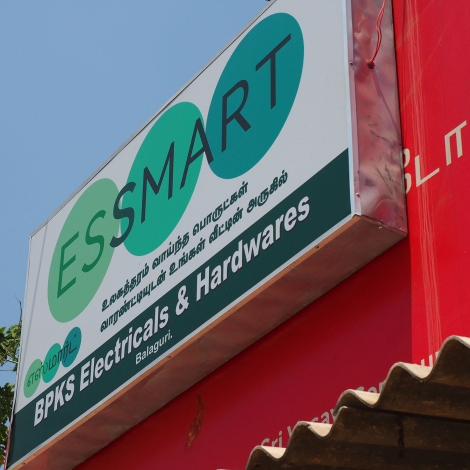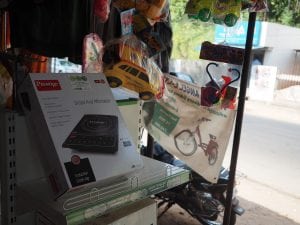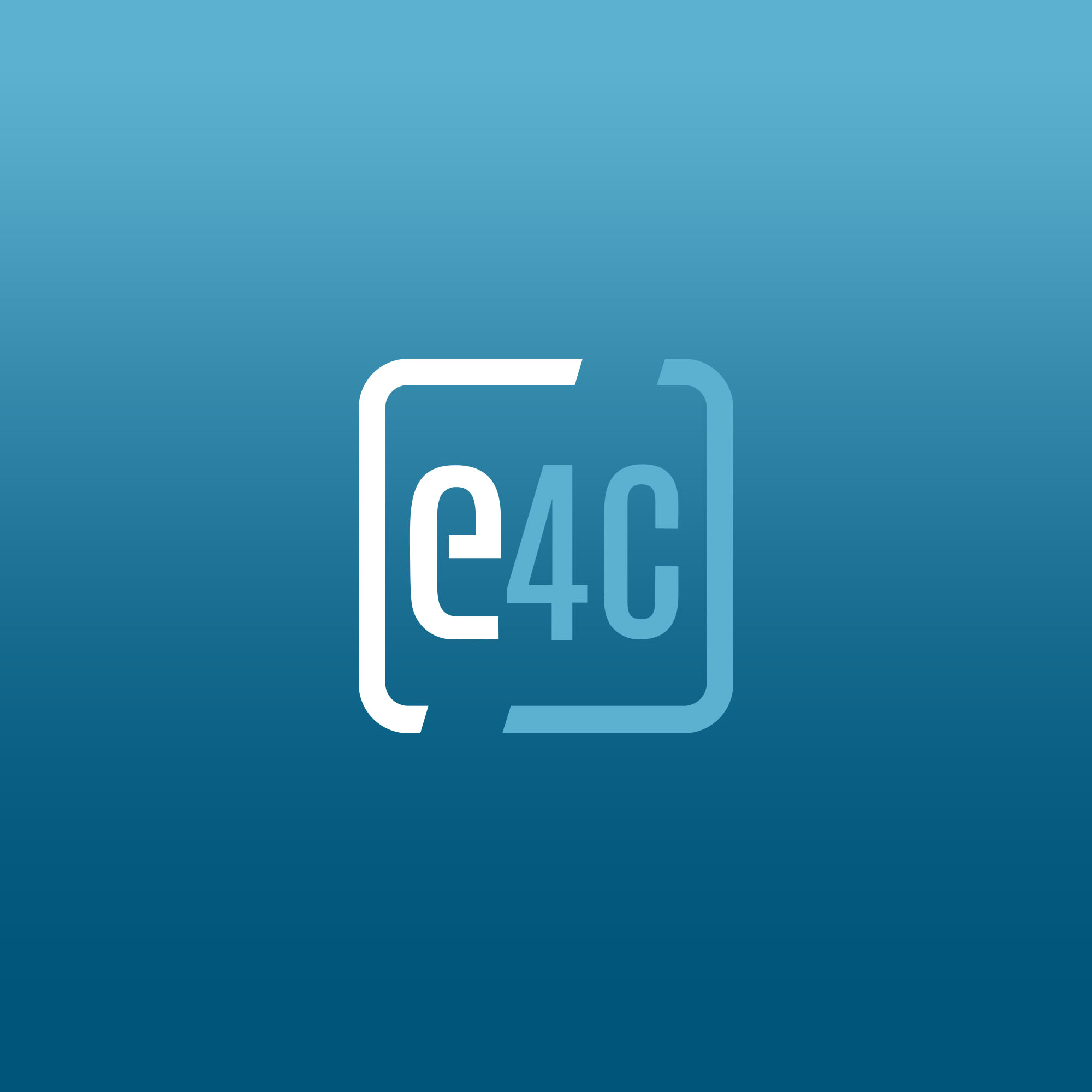
Mr. Ayappan shows his solar panel that Essmart distributed to the “kirana” store near his home. Photo by Rob Goodier / E4C
The marketing and distribution of a product may matter even more than its design. Diana Jue Rajasingh, a veteran of product distribution in emerging markets, said as much in a cautionary note to engineers and designers of goods that meet basic needs in underserved communities.
“You may have created an amazing technology that is a real labor of love and technical wizardry,” she says. “But distributing it to the people you made it for will be your biggest challenge.” As unsettling as the sentiment may be to technical wizards, there is help. Ms. Rajasingh and Jackie Stenson founded Essmart, a last-mile distribution company for products that improve the quality of life in India’s rural communities. A company that recently reached a milestone.
In September, Essmart announced that it has secured (USD) $1.2 million in financing. The round was a mix of equity, debt, and grant funding from elea Foundation for Ethics in Globalization, Partners Group Impact Verein, DEG – Deutsche Investitions- und Entwicklungsgesellschaft MBH, and Swiss Re Foundation, the company said in a statement.
With its new cash infusion, Essmart plans to expand its distribution channels in southern India. The company distributes technologies that are affordable for people in rural India’s emerging economy, and make work and life easier. There are more than 150 products in its catalog, things like organic pest control for small farms, solar panels that charge mobile phones and power lanterns, clean-burning cookstoves and countertop water purifiers. Essmart distributes the goods to a network of 600 mom-and-pop”kirana” shops, the type of stores that compose 90 percent of India’s retail market. The service is not just delivery, but it also includes marketing materials such as signs and fliers, and—what is often lacking from the sale of essential technologies—after-sales service.
See Jackie’s Stenson present the E4C Webinar, It’s All About Distribution
Manufacturers rely on Essmart’s network to deliver their products into homes in hard-to-reach communities in rural India. Manufacturers also depend on Essmart’s connections to test new products and gather data from customers that can improve their product design and offer clues about what customers might want.
“We are connecting a broken supply chain,” says Jackie Stenson, Essmart’s CEO. “Rural businesses and end customers should be able to access goods that improve their lives and livelihoods, while at the same time their voices should be heard up the supply chain so engineers can design better products that meet real needs.”


